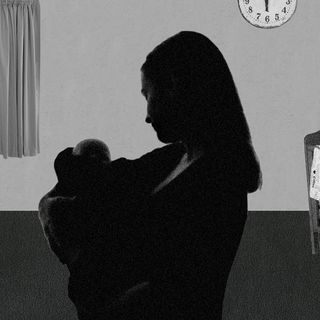Passengers unwilling to follow Covid19 protocols onboard airplanes should be offloaded without delay before the flight takes off, a Delhi High Court judge ruled Monday “for immediate compliance by all airlines.”
Additionally, after take-off, if any passenger refuses to follow the protocols “despite being reminded more than once in flight … action should be taken against [them],” including placing them on no-fly lists either permanently or for a “sufficiently long” period.
Having witnessed the trend of passengers flouting Covid19-protocols on flights first-hand, the single-judge bench of Justice C. Hari Shankar took up the issue proactively.
While traveling on an Air India-flight between Kolkata to New Delhi earlier this month, the judge noticed that “many passengers had worn the masks below their chin and were exhibiting a stubborn reluctance to wear their masks properly. … [The cabin crew] stated that they had directed all the passengers to wear masks, but were helpless in case they did not comply.”
The court emphasized the “cataclysmic” impact of passengers not following safety protocols in a closed, air-conditioned environment like an airplane, where even a single asymptomatic person can infect many.
The Airports Authority of India had issued Standard Operating Procedures for domestic flights in May 2020, which were subsequently relaxed in August but included a ‘no-fly’ list penalty with exceptions made for underlying medical conditions that prevent masking. However, citizens weren’t properly sensitized towards the guidelines, resulting in their non-compliance, the bench suggested.
Related on The Swaddle:
Japanese Research Cautions Against Using Face Shields as Alternative To Masks
In truly exceptional cases where a passenger absolutely cannot follow the protocols, the court directed the airlines to seat them in an isolated manner at a safe distance from other passengers — but only “after a conscious assessment and evaluation of (a) the necessity of the passenger to fly; and (b) the justifiability of the passenger’s refusal to wear the mask, weighed against the risk to public interest involved if the passenger is allowed to travel without a mask.”
The present guidelines, which place the onus of ensuring strict compliance on the in-flight crew, also recommended that the Directorate General of Civil Aviation (DGCA) send observers, without prior notice, to ensure all safety protocols are being followed on flights. To ensure that “no laxity creeps into the system,” the court also directed the DGCA to review compliance to protocols periodically.
The court also directed the DGCA to publish safety protocols on its website immediately and in a manner that is both easily accessible and prominent. Airlines have also been instructed to communicate the protocols, as well as the consequences of breaching them, to their passengers — both in written form with boarding passes, and through in-flight announcements.
Beyond that, the responsibility lies with the citizens to be more conscious of the impact of their actions on those around them. “Each of us, as members of a conscious and conscientious citizenry, is required to be sensitive and sensitized in equal measure…. If the citizenry becomes complacent, no government, howsoever activated and alive to the situation, can help,” the bench concluded.




